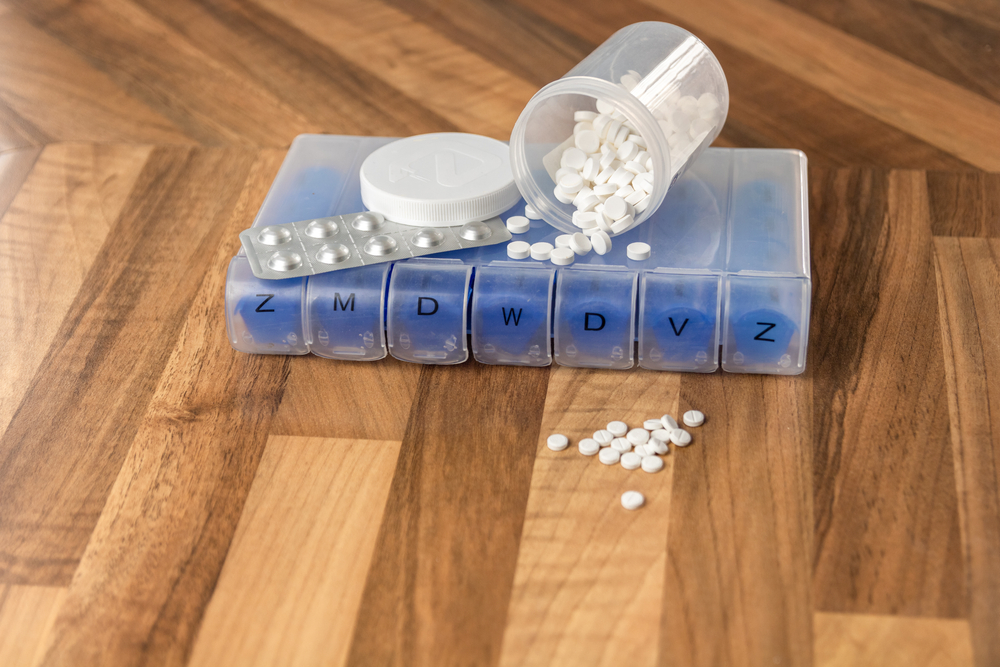Sleep irregularities affect 15% to 25% of children and adolescents. This can be partially attributed to the fact that the circadian rhythm (sleep-wake cycle) shifts throughout adolescence, which can lead to a variety of sleep disturbances (e.g., difficulty falling asleep, difficulty remaining asleep throughout the night, difficulty waking up in the morning, etc.). Sleep is a fundamental necessity of life, and even a minor sleep deficit can have a significant effect on a teenager’s physical and mental health. Many young people rely on supplements and other sleep aids, such as melatonin, to manage sleep difficulties.
What Is Melatonin?
Melatonin is a hormone-like substance that is produced by an area of the brain called the pineal gland. It is often thought of as the sleep hormone because as a natural part of the body’s sleep and wake system, it helps regulate sleep. Research findings show that melatonin supplements can help adults manage certain sleep disorders, and preliminary research suggests that melatonin may aid children who are prone to sleep disorders. Over-the-counter melatonin is marketed as a sleep aid and is classified as a dietary supplement. As a dietary supplement, melatonin is not under the oversight of the U.S. Food and Drug Administration (FDA), which means melatonin content and supplements can vary widely. In one study, for example, melatonin ranged from less than one-half to more than four times the amount stated on the label. The safest melatonin products have a USP Verified Mark, which indicates that the product was produced in a facility following the Good Manufacturing Practice (GMP) standards.
Health Advisory
Melatonin is the second-most popular supplement that parents give their children after multivitamins. As more families have turned to melatonin as a sleep aid, reports of poisonings in kids have rapidly increased. From 2012-2021, there were more than 260,000, which is equal to a 530% increase, child poisoning reports involving melatonin. The American Academy of Sleep Medicine (AASM) responded to this alarming rise by issuing a health advisory with warnings about its use, cautioning parents to consult a health care professional before giving the supplement to children. Further, experts assert that even though melatonin is classified as a dietary supplement, rather than a medication, it should be handled as any other medication and kept out of reach of children.
For Information and Support
Every family in need of mental health treatment must select a program that will best suit the needs of their family. When one member of a family struggles, it impacts everyone in the family unit. To maximize the benefits of treatment we work closely with the entire family to ensure that everyone is receiving the support they need through these difficult times. Seeking help is never easy, but you are not alone! If you or someone you know needs mental health treatment, we strongly encourage you to reach out for help as quickly as possible. It is not uncommon for many mental health difficulties to impact a person’s life, long term. Pursuing support at the beginning of one’s journey can put the individual in the best position to learn how to manage themselves in a healthy way so they can go on to live happy and fulfilling lives.
OUR KNOWLEDGEABLE ADMISSIONS TEAM CAN BE REACHED 24/7 AT INFO@PACIFICRTC.COM OR CALL: 800-531-5769






